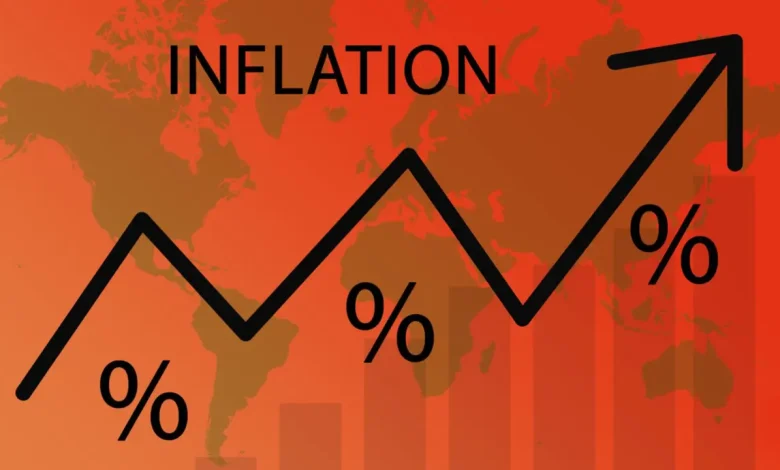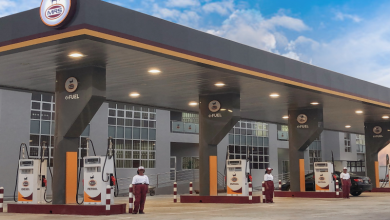Nigeria’s inflation hits new high of 34.8%, experts suggest ways to improve economy

Nigeria’s inflation rate has climbed to 34.80% in December 2024, up from 34.60% in November, according to the latest report from the National Bureau of Statistics (NBS), shared on Wednesday, January 15.
Inflation is the measure of how much the cost of goods and services has increased over time. The rise in inflation in December was slightly higher than in November, mainly because of increased demand for items during the busy holiday season. This means people were buying more things as they celebrated, causing prices to go up just a little bit more.
On a year-to-year basis, inflation in December 2024 was much higher than in December 2023. It increased by 5.87 percentage points, moving from 28.92% in 2023 to 34.80% in 2024. This is a sign that prices for goods and services are still rising at a fast rate.
In addition to higher prices, Nigeria is facing challenges like a weakened currency, expensive energy, and ongoing issues with the supply of goods, which are all contributing to the rising inflation. The NBS also shared that Nigeria’s food inflation, which tracks the price of food, dropped slightly to 39.83% in December 2024, from 39.93% in November.
CPPE shares ideas to improve the economy
Muda Yusuf, the CEO of the Centre for the Promotion of Private Enterprise (CPPE), reacted to the latest inflation numbers, saying that the rising inflation is still a big issue for Nigeria. However, he remains hopeful about 2025, believing inflation could get better with some changes.
“Though the increase in the December headline inflation was marginal at 0.2% compared with November inflation figures,” he said, “I am optimistic that Nigeria’s inflation will improve in 2025 due to moderation in exchange rate volatility and improvement in foreign reserves.”
He also pointed out that the start of the new presidential term in the U.S. might ease some of the global problems affecting the economy.
Yusuf and the CPPE also raised concerns about the Nigerian government focusing too much on raising revenue, especially through targets for various ministries and agencies. They believe this can lead to more costs for businesses and hurt the economy even more.
“Excessive pressure on MDAs to boost revenue and increase IGR has profound inflationary implications,” CPPE explained. “The reality is that such pressures are invariably transmitted to investors in the form of higher fees, levies, penalties, import duties, regulatory charges, etc.”
CPPE suggests solutions for lowering inflation
To help lower inflation, the CPPE suggested some changes, including:
- Pausing interest rate hikes by the Central Bank of Nigeria (CBN), which would help reduce business costs.
- Reducing government debt and deficit to improve the country’s economic stability.
“These changes would help moderate inflation and create a more stable environment for businesses and families in Nigeria,” CPPE stated.
The outlook for 2025 includes hope for improvements, especially if these adjustments are made, leading to lower inflation and better economic growth.





